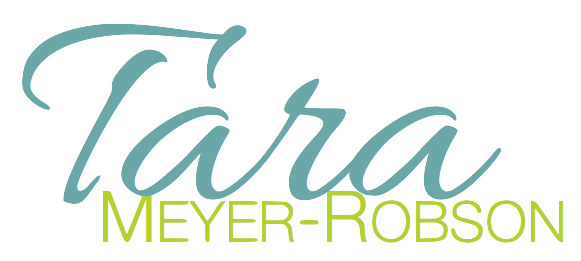
Why Empaths Have Hyper-Responsibility Syndrome - and What to Do About it
Do you have hyper-responsibility syndrome (lots of empaths do!)?
Here’s what it is, how it drains your peace and power, and what to do about it!

Setting healthy boundaries for empaths - why it's so freaking hard!
Do you find it very hard to disconnect from someone you love who is draining you?
Or to say "no" when you cannot do something, but you sense the other person's need?
Or to shut down from everything you've been feeling all day and be able to rest at night?
If so, you are like most empaths - you have a hard time having healthy boundaries. Let me show you why, and how to get some!

Hyper-responsiblity syndrome: when an empath thinks everything is theirs to fix
Comment with a ❤️ you can't go to sleep some nights because every time you close your eyes you are imagining people in pain who you can't help.
Or if you say "I'm sorry" 1,000 times a day for every little thing, not because you actually did anything to apologize for, but because it's such a habit to think that you somehow should have seen someone's need coming and psychically fixed it before it ever became an issue.
Or if you simply don't know how to stop helping, because you feel like if you don't help, who will?
